 |
|
||||||
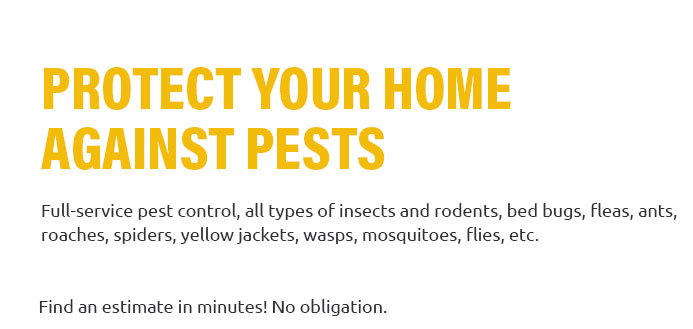 |
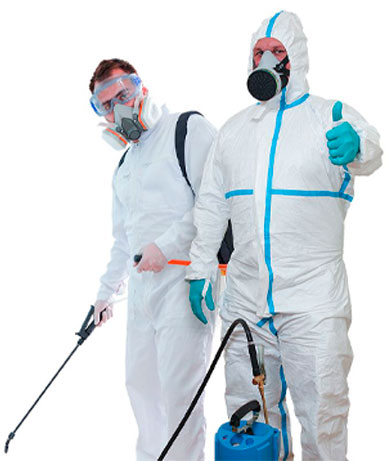 |
 |
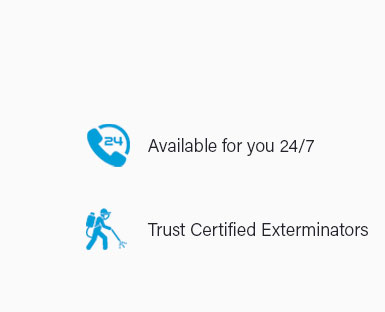 |
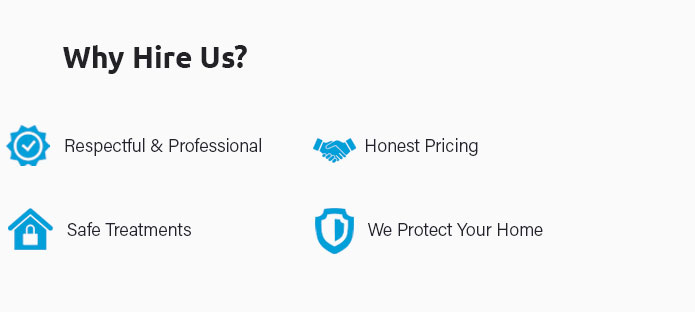 |
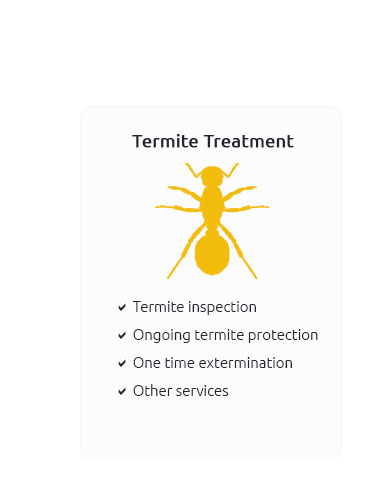 |
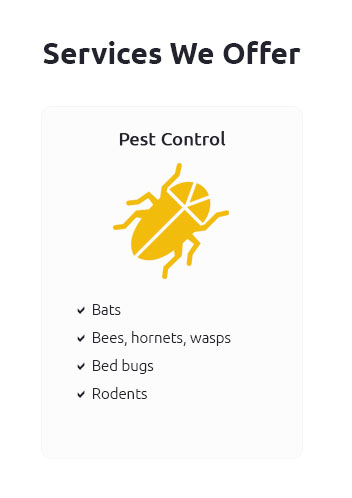 |
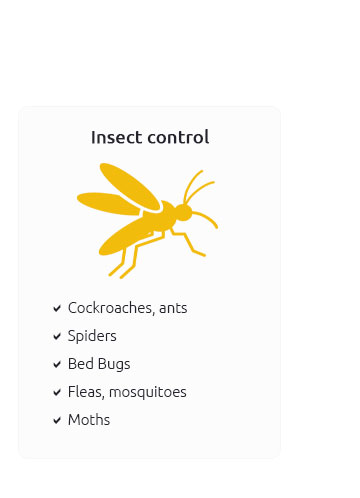 |
 |
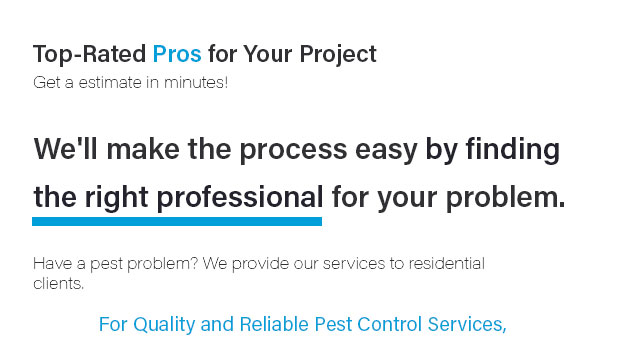 |
 |
 |
 |
|
ged7l835fi2 Say goodbye to pests with peace of mind, as we bring you top-notch, non-toxic pest control right to your doorstep-because protecting your home shouldn't come at the cost of harming the environment; our expert team combines cutting-edge techniques with eco-friendly solutions to ensure a pest-free sanctuary for you and your loved ones, and with our local presence, we are just around the corner, ready to tackle any pest problem with precision and care-choose safety, choose sustainability, choose us for a healthier home today.
https://www.yelp.com/search?cflt=pest_control&find_loc=Rio+Rancho%2C+NM
me $149.69; NOT a good thing. I also don't believe a 10 minute pest ... https://opcnm.com/
Organic Pest Control NM is an effective alternative organic pest removal solution. The best choice for commercial and residential pest control in New ... https://www.aaaorganicpestcontrolnm.com/
AAA Organic Pest Control provides pest control services in Albuquerque, New Mexico. Contact us now at 505-262-1622 for a free estimate.
|



